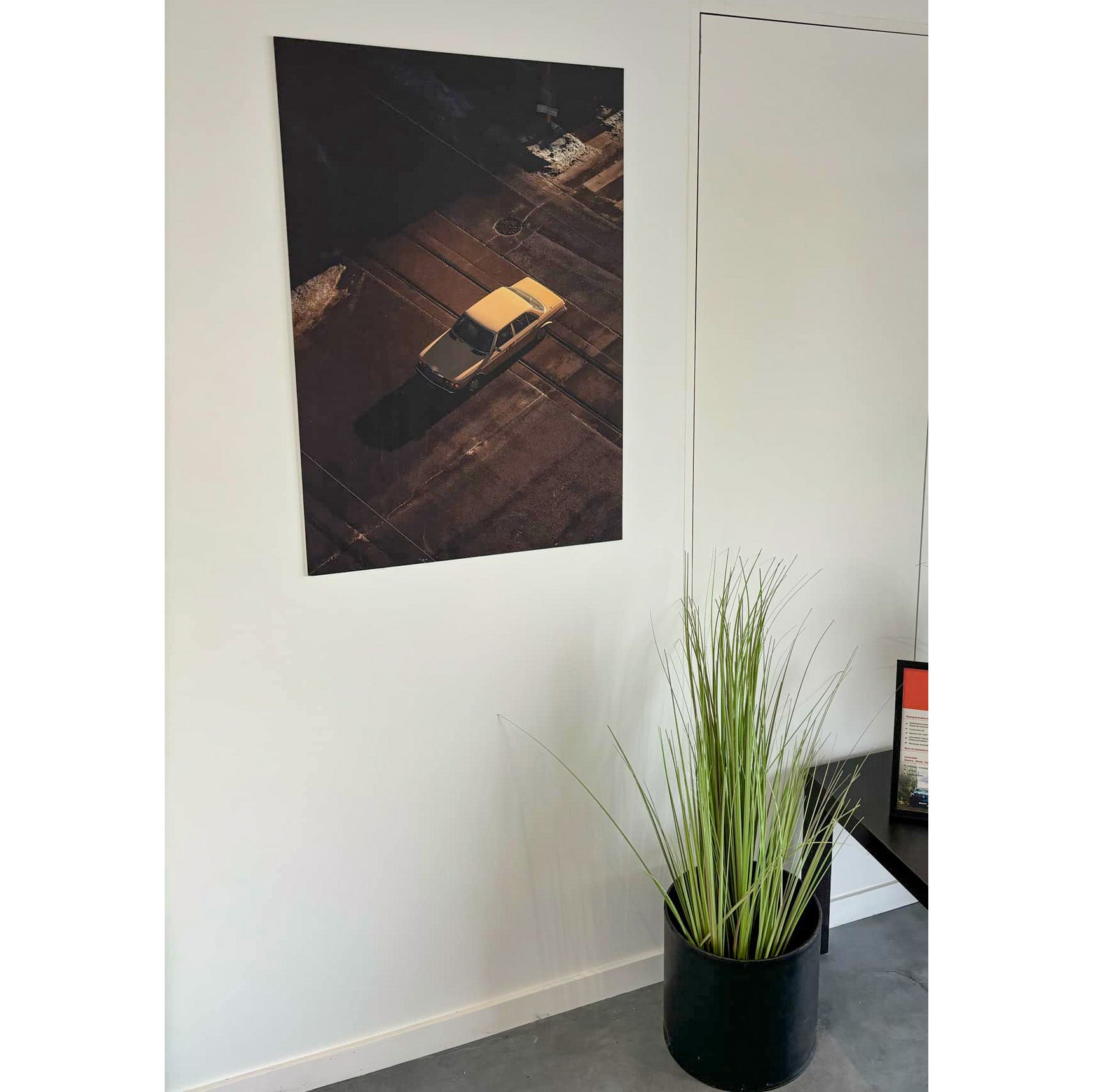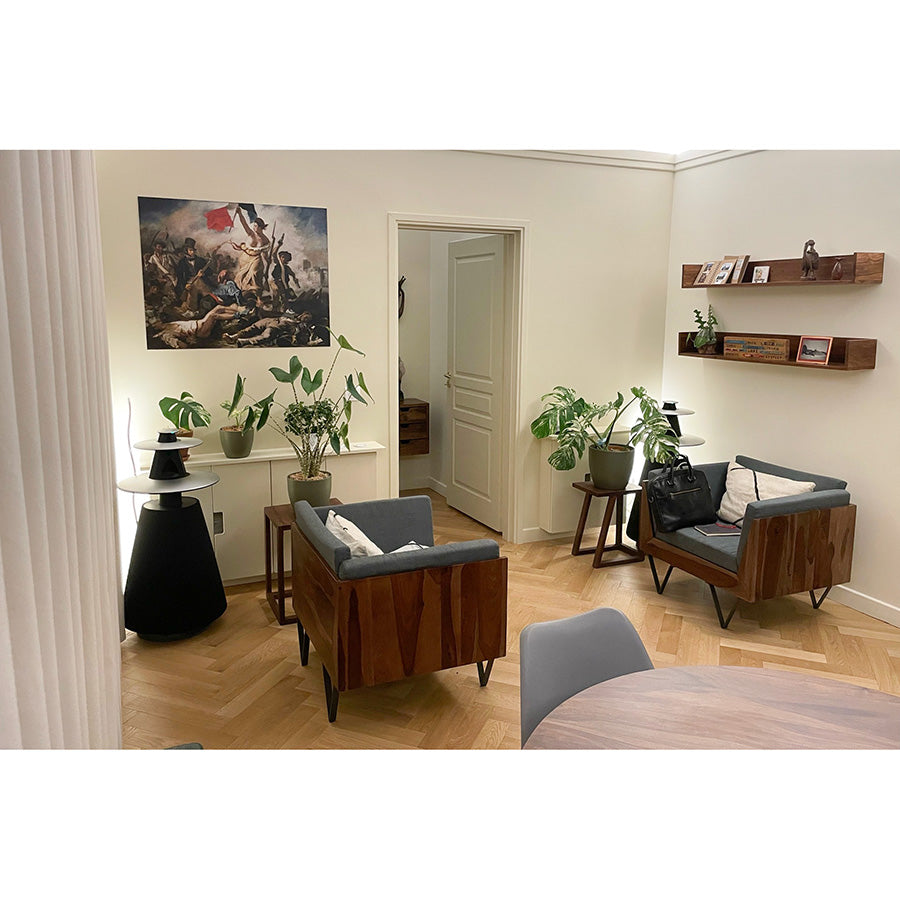Art print | Italian Cour - Thomas Wijck


View from behind

Frame (optional)
In the vast panorama of art history, some works manage to capture the essence of an era while transcending time. "Cour italienne" by Thomas Wijck is a perfect example. This piece, imbued with the beauty and serenity of Italian landscapes, invites the viewer to immerse themselves in a universe where light and shadow dance harmoniously. Wijck, a Dutch artist of the seventeenth century, succeeds in evoking a sense of intimacy and tranquility, thus transporting the observer to the heart of Italian daily life. Through this art print, we have the opportunity to rediscover the delicate nuances and subtleties that make this work a true masterpiece.
Style and uniqueness of the work
Wijck's style is distinguished by a realistic approach, where every detail is carefully observed and rendered. "Cour italienne" is characterized by its warm colors and play of light that reveal the beauty of materials and textures. The human figures, although secondary, are depicted with such finesse that they seem to breathe and live within this space. The composition of the piece, both balanced and dynamic, guides the eye through the various elements of the scene, creating a dialogue between architecture, nature, and humanity. Wijck manages to capture the atmosphere of a moment suspended in time, offering a window into daily life in an Italian courtyard. This ability to evoke a particular ambiance makes this work an emblematic example of the baroque style, where emotion and realism meet.
The artist and his influence
Thomas Wijck, though less known than some of his contemporaries, left an indelible mark on the artistic landscape of the seventeenth century. Originating from Haarlem, he was influenced by Flemish and Dutch masters, incorporating elements of genre painting into his own work. His fascination with Italian landscapes and rural life is clearly evident in "Cour italienne," where he succeeds in combining the rigor of realism with poetic sensitivity. Wijck was also a pioneer in exploring themes of nature and humanity.

Matte finish

View from behind

Frame (optional)
In the vast panorama of art history, some works manage to capture the essence of an era while transcending time. "Cour italienne" by Thomas Wijck is a perfect example. This piece, imbued with the beauty and serenity of Italian landscapes, invites the viewer to immerse themselves in a universe where light and shadow dance harmoniously. Wijck, a Dutch artist of the seventeenth century, succeeds in evoking a sense of intimacy and tranquility, thus transporting the observer to the heart of Italian daily life. Through this art print, we have the opportunity to rediscover the delicate nuances and subtleties that make this work a true masterpiece.
Style and uniqueness of the work
Wijck's style is distinguished by a realistic approach, where every detail is carefully observed and rendered. "Cour italienne" is characterized by its warm colors and play of light that reveal the beauty of materials and textures. The human figures, although secondary, are depicted with such finesse that they seem to breathe and live within this space. The composition of the piece, both balanced and dynamic, guides the eye through the various elements of the scene, creating a dialogue between architecture, nature, and humanity. Wijck manages to capture the atmosphere of a moment suspended in time, offering a window into daily life in an Italian courtyard. This ability to evoke a particular ambiance makes this work an emblematic example of the baroque style, where emotion and realism meet.
The artist and his influence
Thomas Wijck, though less known than some of his contemporaries, left an indelible mark on the artistic landscape of the seventeenth century. Originating from Haarlem, he was influenced by Flemish and Dutch masters, incorporating elements of genre painting into his own work. His fascination with Italian landscapes and rural life is clearly evident in "Cour italienne," where he succeeds in combining the rigor of realism with poetic sensitivity. Wijck was also a pioneer in exploring themes of nature and humanity.









